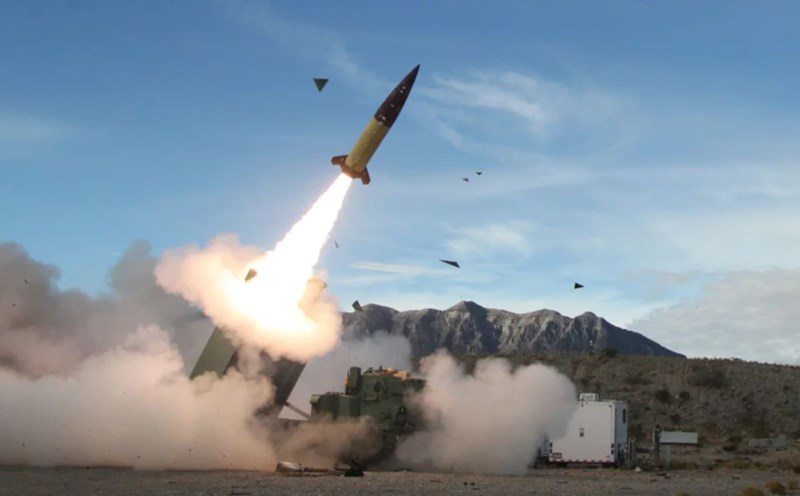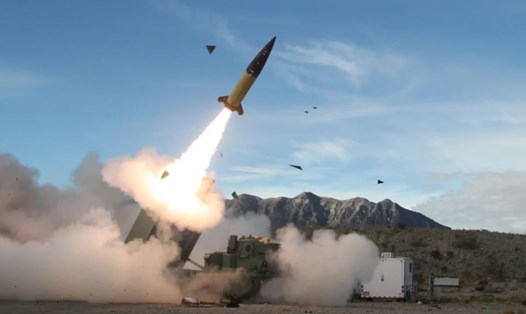Reuters reported that on January 4, Russia declared a state of emergency in the Crimea region as coastal areas on both sides of the Kerch Strait were seriously polluted by oil spills in the Black Sea last month.
The Kerch Strait is located between the Black Sea and the Azov Sea, separating the Kerch Peninsula of Crimea from Russia's Krasnodar region.
Local authorities have quickly launched a coastal cleanup campaign involving about 10,000 people. The Russian Ministry of Emergency Situations said rescue forces had cleared more than 86,000 tons of contaminated soil and sand.
According to environmental groups, pollution caused by the oil spell on December 15, 2024 in the Black Sea has seriously affected many animal species, including pets and seabirds.
Video of the scene released by the Russian Ministry of Emergency Situations shows excavators being deployed to assist workers in clearing the coast. Workers use shovels to scoop dirt and dirty sand into sacks, then load them onto excavators to move them to the garbage collection area.
The Russian Transport Ministry said that the estimated amount of oil spilled into the sea is about 2,400 tons, much lower than the initial estimate.
On December 15, in bad weather conditions, two oil tankers Volganeft 212 and Volganeft 239 encountered a problem in the Kerch Strait due to large waves. Russian media said that both ships were over 50 years old and were transporting a total of about 9,200 tons of oil (equivalent to 62,000 barrels) when they crashed.
Of the 14 crew members on the two ships, 13 were rescued and brought to shore safely, while one was confirmed dead, according to the Russian Emergencies Ministry.
Immediately after the incident, the Volganeft 212 ran aground, while the Volganeft 239 drifted due to damage. However, Reuters said on January 4 that the Volganeft 239 had completely sunk.
The type of oil identified in the December 15 incident was M100. This is a heavy oil that can freeze at around 25 degrees Celsius. Unlike conventional oils that float on the surface of water, M100 tends to sink to the bottom or float in water columns.










